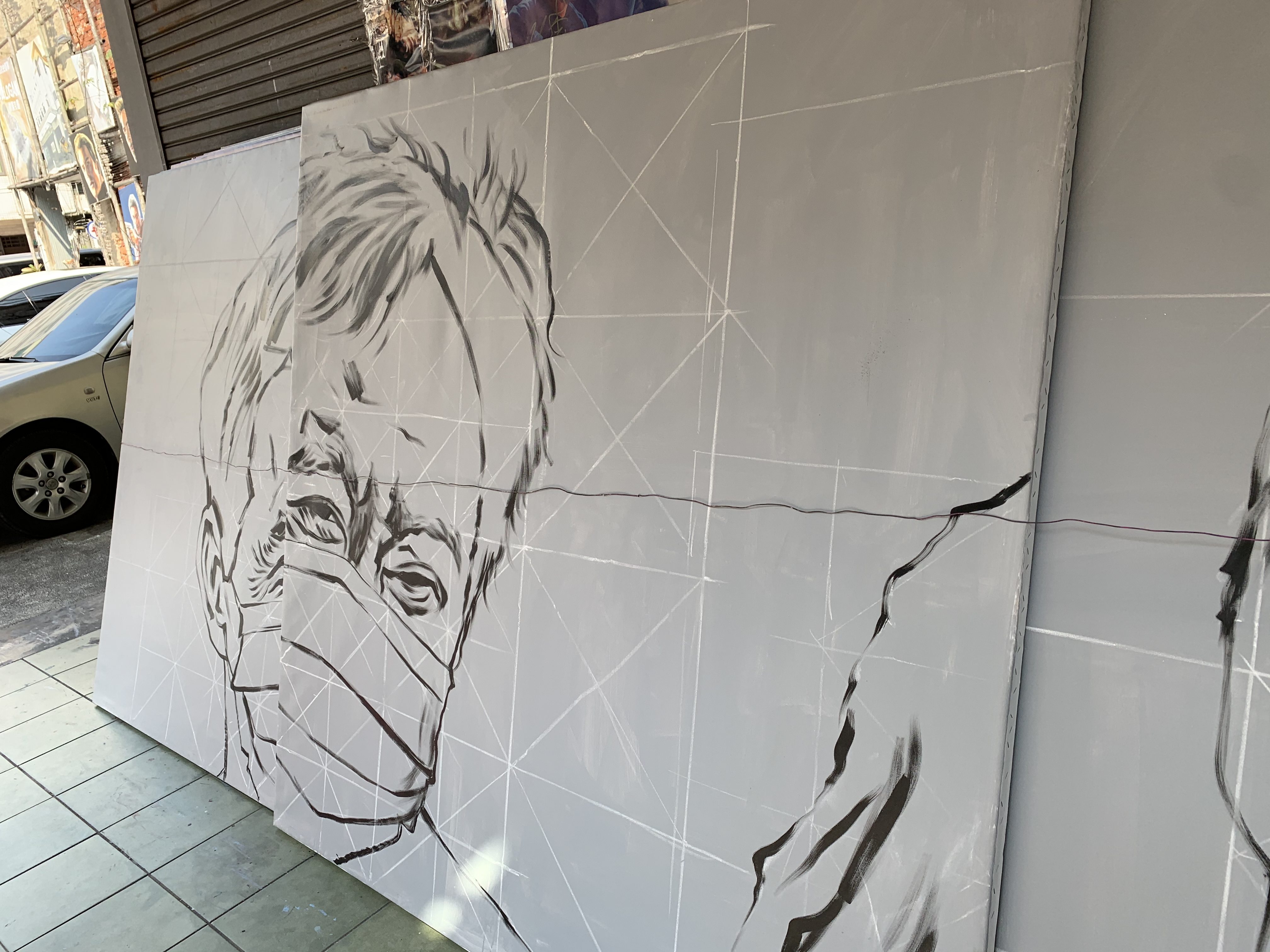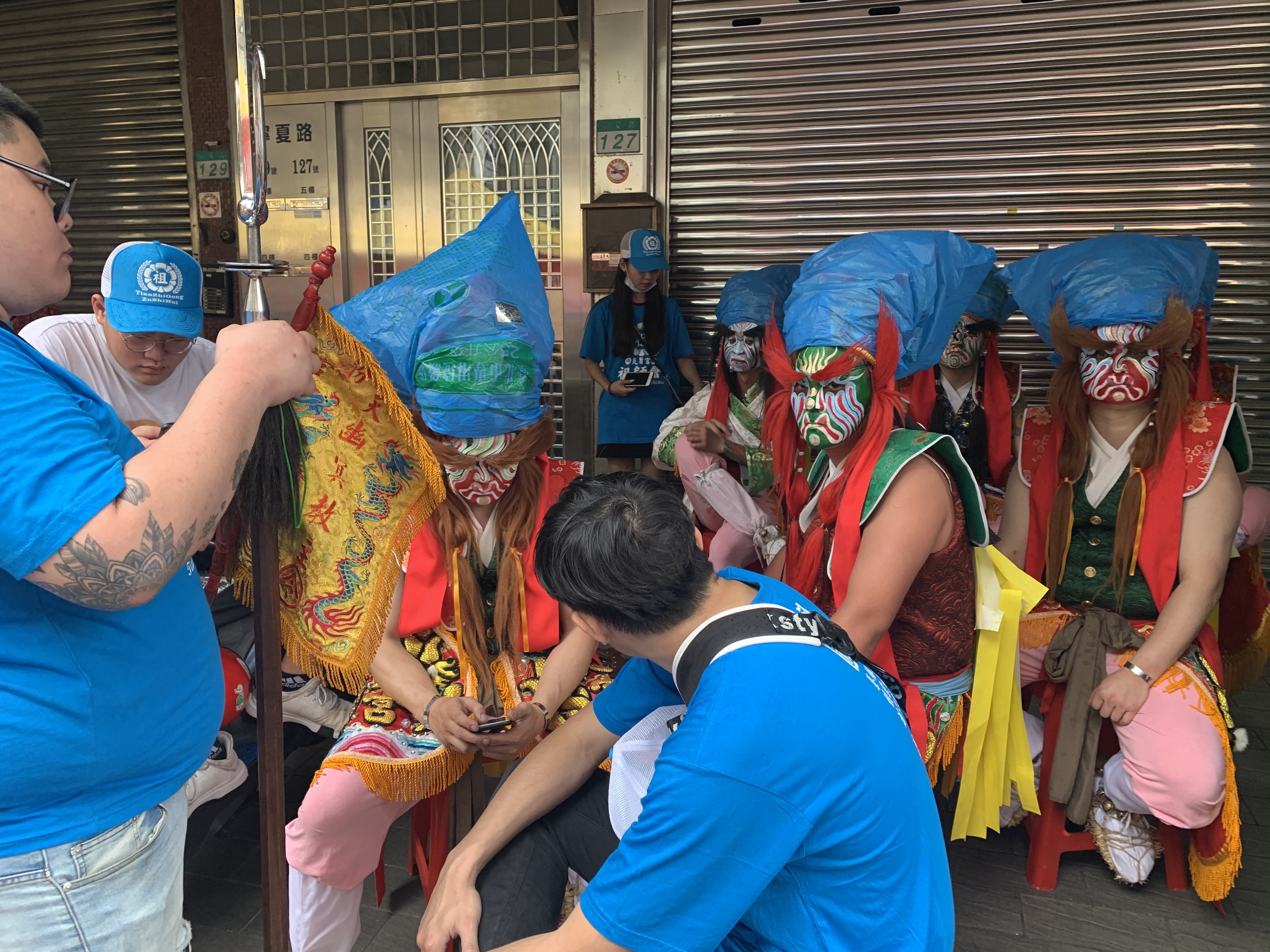
"I was married before," she told me once.
What followed was one of the most horrible stories to cross anyone's lips. I try not to tell too much of anyone else's story here, but this past week an old account hit the memory stratosphere, burning on re-entry.
Her boyfriend had been abusive while they were still dating, and threatened to kill her if she wouldn't agree to marry him. She didn't want to, and went to her father for advice.
"Then you should marry him," he said, "because that must mean he really loves you."
She did.
Of course it escalated. One day she simply had to leave. They divorced, and the whole town gave her the cold shoulder. She couldn't get a job or rent an apartment because she was a divorcée. Her family barely helped -- they didn't like the stigma, either. Even people who didn't know her would find out soon enough, she said, and it was usually the same:
"A man doesn't beat a good woman. What did you do to make him so violent?"
She didn't have the connections to legally change her household registration and set up a new life in a new town, and didn't want to try her luck as a domestic migrant worker without many legal rights.
Looking for any way out of her situation, she married my coworker, a foreigner who didn't care about her past. Or much of anything at all, it turns out: he'd crow proudly that she'd never leave him no matter how often he cheated on her (which was often -- he was well-known at the teahouses and barbershops). He'd announce his intentions to do just that and wander off while we (the only other foreigners in town, and we barely filled a four-top) stayed put at the riverside bar like respectable drunks.
I told his wife what was up. She sighed and said she knew.
This happened in China -- a different country -- twenty years ago. I shouldn't have expected similar details to pop up in a story from the past week: Taiwan is a more progressive country than the one where this took place, and it is 2021. We know better.
Why did I remember this story from so long ago?
Last week, legislator and former city councilor Kao Chia-yu 高嘉瑜 told the public her (presumably ex) boyfriend, public figure Raphael Lin 林秉樞, had subjected her to unconscionable abuse.
That's not the only reason I remember this story, however. Another public figure in Taiwan had the audacity to say this:
A KMT Central Committee member said Legislator Kao Chia-yu deserved to be hit by her abusive boyfriend. I'm totally and completely speechless. pic.twitter.com/a9CnDoKYk2
— Leslie Liao (@AngryTaiwanman) November 30, 2021
My translation: "a woman who makes a man so angry he physically beats her really is such an ignorant person [this is also slang for a deliberate troll, troublemaker or drama-stirrer, especially online]. Especially her cheeks [slang for an irritating person]. But a woman named Tsai [that's President Tsai] who has never been hit by a man, isn't qualified to support her. A woman that no man wants is disgusting enough."
How did he respond? By saying that she "deserved to be beaten".
This all happened about a week ago. Lin has been taken into custody. The KMT has come out to denounce Huang's remarks and insist that disciplinary action will take place. Huang himself has "apologized", saying his remarks were inappropriate and fully his responsibility and not in keeping with "the current state of gender relations" in Taiwan. He neither mentioned his misogynist treatment of Kao or Tsai specifically nor clarify what was unacceptable in his remarks. Nor did he express any sort of deeper understanding of why he was wrong. Essentially, it was an apology only in the most literal sense of the term (in which he issued a statement that contained vague language of regret and took personal responsibility, likely because he'd been ordered to do so).
If the person I knew who suffered similar backlash from a less progressive society twenty years ago knew it was wrong then, then Huang should have known before he opened his big jerk mouth that it's wrong in Taiwan now. And it always was.
There is no apology that can erase that. There's nothing that makes it okay. It shows a fundamental problem with how he sees the world and specifically his attitudes towards women.
The only possible outcome is that Huang be dismissed. There's no forgiveness here: his remarks reveal a belief system totally out of sync with Taiwanese society and certainly not in tune with what his party needs to even begin to rehabilitate their image. I've been keeping my eye on the local news, and so far I've seen no evidence that any disciplinary actions have taken place. Promises, yes. Sent to the disciplinary committee? Sure. Action? Nothing yet. That man should not be on the central committee of any political party. I know one must be patient, but that man should already be gone.
What's worse, it seems the KMT's promise that such remarks do not reflect the party's own stance and are wholly Huang's responsibility don't mean much to other members of the KMT.
As reported by FTV, KMT Youth League director and member of the Central Standing Committee of the KMT Tian Fang-lun 田方倫 asked "whether the case could be considered domestic violence if the couple is not married" and implied that a cohabiting intimate relationship was somehow different in terms of what and was not abuse.
Tian Fang-lun brands himself on Facebook as a "different kind of youth", which I guess is true in a sense.
I am extremely happy that Miao is one of the councilors from my district.
What I want to know, however, is why both Huang and Tian still appear to have jobs. It's unlikely that Huang will face any serious repercussions, as the KMT central committee is sending the case to the party's examination committee.
It's heartening that their comments have been met with near-universal condemnation. Taiwan is not a country where the social consensus is that domestic abuse is acceptable or a mere 'family matter' (although it does happen, at a rate higher than you'd likely expect from a country that seems so otherwise safe).
The Internet commentariat, on the other hand, has been an entirely different beast. Yes, the worst offenders such as Huang were slapped down, but there's an entire board on PTT dedicated to treating Kao like garbage. I don't know whether that falls under 'free speech' or not, but despite most Taiwanese believing domestic violence is a problem in their country, that such ideas still fester in its underbelly (much as they do in the US) is its own problem.
In the past, they spent a lot of time dallying on really unimportant aspects of her political career, which Donovan Smith of Taiwan Report covers in more detail here (it starts after the pig innard extravaganza, about 2/3 of the way through) and here. She's also been one of the people targeted with deepfake porn. I'd like to say more about media and personal representation of Taiwanese women in politics here, but I think that's fodder for another post.
Kao deserves better, the voters deserve better, the media can do better, and Taiwan knows better.













